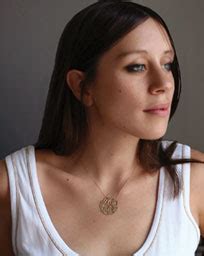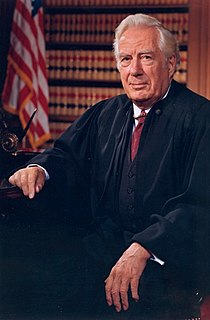A Quote by Lyndon B. Johnson
The poor suffer twice at the rioter's hands. First, his destructive fury scars their neighborhood; second, the atmosphere of accommodation and consent is changed to one of hostility and resentment.
Related Quotes
It had been an awful thing to lose Henry the first time, to matrimony, but to discover what a false front he was capable of was another kind of blow, and it had left her almost speechless. Then there was the fury with herself—for she had known what Henry’s love was, and still she had gone back to suffer a little more at his hands.
A rioter with a Molotov cocktail in his hands is not fighting for civil rights any more than a Klansman with a sheet on his back and mask on his face. They are both more or less what the law declares them: lawbreakers, destroyers of constitutional rights and liberties and ultimately destroyers of a free America.
When you live in a poor neighborhood, you are living in an area where you have poor schools. When you have poor schools, you have poor teachers. When you have poor teachers, you get a poor education. When you get a poor education, you can only work in a poor-paying job. And that poor-paying job enables you to live again in a poor neighborhood. So, it's a very vicious cycle.
The brown blotches of the benevolent skin cancer the sun brings from its reflection on the tropic sea were on his cheeks. The blotches ran well down the sides of his face and his hands had the deep-creased scars from handling heavy fish on the cords. But none of these scars were fresh. They were as old as erosions in a fishless desert.
I know. So, I was angry with you. I didn't know why. I was angry with the world. I did know why. I hated all my therapists for being useless. I was this little ball of self-destructive fury, and none of them could do anything but tell me that I was a little ball of self-destructive fury. [...] I knew I was angry. Tell me what to do with that anger, please.
When I started knocking on Highland doors in May 1983, two things struck me more than any other. First was the sheer depth of hostility towards the Tories in general. Second was the particular hostility towards Margaret Thatcher and her local ministerial spear-carrier, energy minister and incumbent MP of 13 years' standing, Hamish Gray.
If you have an all-white neighborhood you don't call it a segregated neighborhood. But you call an all-black neighborhood a segregated neighborhood. And why? Because the segregated neighborhood is the one that's controlled by the ou - from the outside by others, but a separate neighborhood is a neighborhood that is independent, it's equal, it can do - it can stand on its own two feet, such as the neighborhood. It's an independent, free neighborhood, free community.































